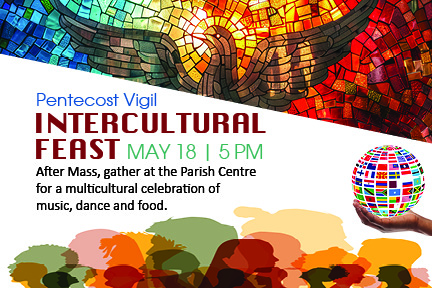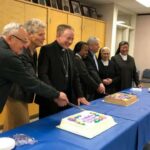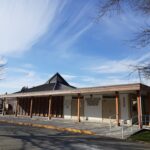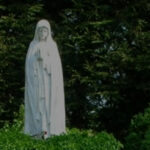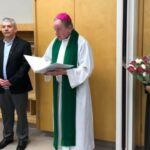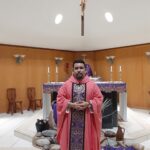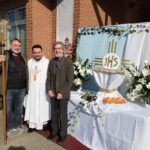Sunday, 9 November 1997
On the 21st Anniversary of John Baptist Scalabrini’s Beatification, I want to share with you an excerpt of the Holy Father’s homily.
4. “God’s temple is holy, and that temple you are” (1 Cor 3:17). The universal call to holiness was constantly felt and personally lived by John Baptist Scalabrini. He loved to say over and over: “Would that I could sanctify myself and all the souls entrusted to me!”. Striving for holiness and proposing it to everyone he met was always his first concern.
Deeply in love with God and extraordinarily devoted to the Eucharist, he knew how to translate the contemplation of God and his mystery into intense apostolic and missionary activity, making himself all things to all men in order to proclaim the Gospel. This ardent passion of his for the kingdom of God made him zealous in catechesis, pastoral activities and charitable work, especially for those most in need. Pope Pius IX called him the “Apostle of the Catechism” because of his efforts to promote the systematic teaching of the Church’s doctrine to children and adults in every parish. Out of his love for the poor, particularly for emigrants, he became the apostle of his many compatriots compelled to leave their country, often under difficult conditions and in concrete danger of losing their faith: for them he was a father and sure guide. We can say that Bl. John Baptist Scalabrini intensely lived the paschal mystery, not through martyrdom, but by serving the poor and crucified Christ in the many needy and suffering people whom he loved with the heart of a true Shepherd in solidarity with his flock.





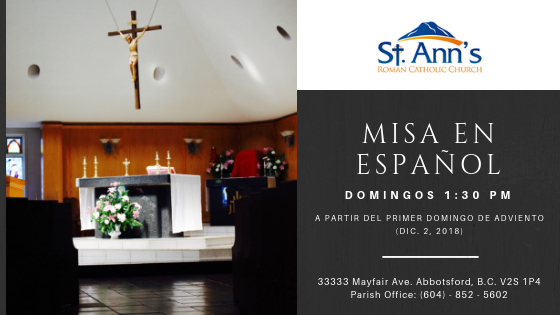

 Return-It-Express is accepting bottles and cans on behalf of SSVP. It is located at 23-31550 South Fraser Way (ad on back side of bulletin cover). Simply drop off bag(s) and note St. Ann’s phone number 604-852-5602, at the machine. Funds will be added to SSVP
Return-It-Express is accepting bottles and cans on behalf of SSVP. It is located at 23-31550 South Fraser Way (ad on back side of bulletin cover). Simply drop off bag(s) and note St. Ann’s phone number 604-852-5602, at the machine. Funds will be added to SSVP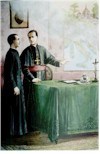
 His new post gave him a chance to bear the first fruits of that pastoral activity that would grow into a personal trademark: a zeal for souls, which places intelligence at the service of good. And thus, we come across his Small Catechism for Nursery Schools (1875), various social initiatives, including those for textile workers and the deaf and dumb, a mutual assistance society to help the unemployed and the handicapped, and the first oratory for men in Como.
His new post gave him a chance to bear the first fruits of that pastoral activity that would grow into a personal trademark: a zeal for souls, which places intelligence at the service of good. And thus, we come across his Small Catechism for Nursery Schools (1875), various social initiatives, including those for textile workers and the deaf and dumb, a mutual assistance society to help the unemployed and the handicapped, and the first oratory for men in Como.
